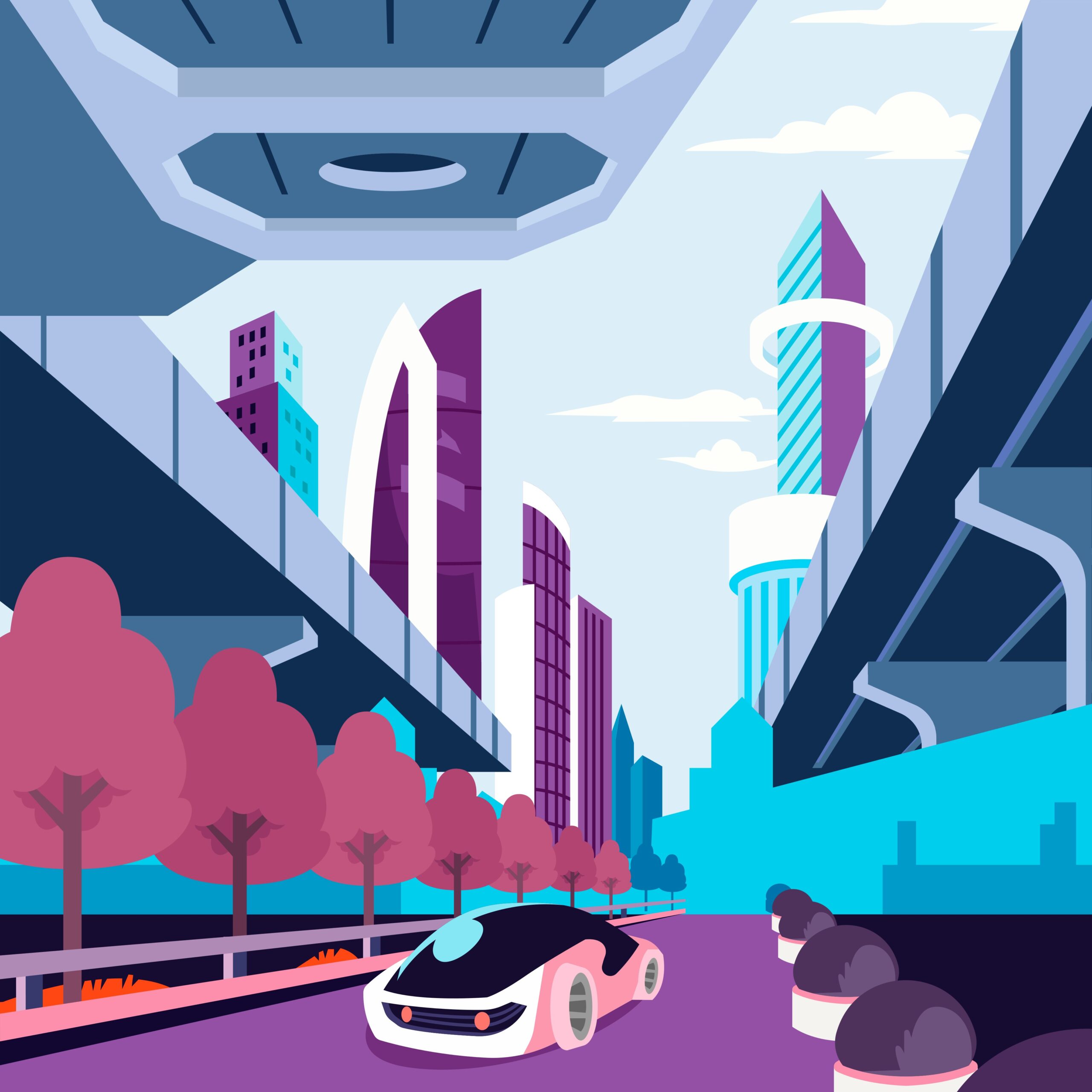AI-generated music on platforms like Spotify could revolutionize the industry but also pose challenges:
For Artists: Intense competition, opportunities for AI collaboration, and a focus on authentic human artistry.
For Listeners: Overwhelming choices, niche genre exploration, and personalized tracks.
For Platforms: Crucial curation, advanced algorithms, quality control, and new copyright frameworks.
For the Industry: Disrupted monetization, shifting label strategies, and legal complexities.
Cultural Impact: Debates on creativity, genre evolution, and ethical concerns.
AI in music offers exciting possibilities while reshaping how it’s created, consumed, and valued.

Comment